Storage containers, especially when crafted with sustainability in mind, offer several eco-friendly advantages that align with modern environmental priorities. Firstly, they provide a reusable and durable solution that reduces the need for disposable packing materials often used in temporary storage. Many storage containers are now manufactured from recycled materials or designed to be recycled at the end of their life cycle, ensuring a minimal carbon footprint and promoting a circular economic model.
Additionally, their use often decreases the need for transportation, as items can be consolidated and stored onsite rather than being moved back and forth from large commercial storage facilities. This consolidation reduces emissions from vehicles, conserving energy and reducing air pollution. The airtight and weather-resistant nature of these containers means they inherently safeguard against contamination and leakage, protecting soil and groundwater in the process.
Efficient space utilization is another notable eco-friendly feature, with many containers designed to be stackable, significantly reducing the land use footprint in storage yards or during transport. Furthermore, on construction sites or remote events that require temporary setups, the availability of multi-functional storage containers can reduce the material demand for building temporary structures, thus saving resources and minimizing waste.
As perceptions shift towards sustainability, many companies now incorporate sustainable practices within their leasing and maintenance operations, including using eco-friendly cleaning products and implementing energy-efficient delivery and pickup processes. Overall, storage containers present a practical and environmentally responsible choice, allowing businesses and individuals to meet storage needs without compromising on ecological considerations. They offer the flexibility and durability needed for diverse applications, while also paving the way towards more sustainable, cleaner storage solutions globally.
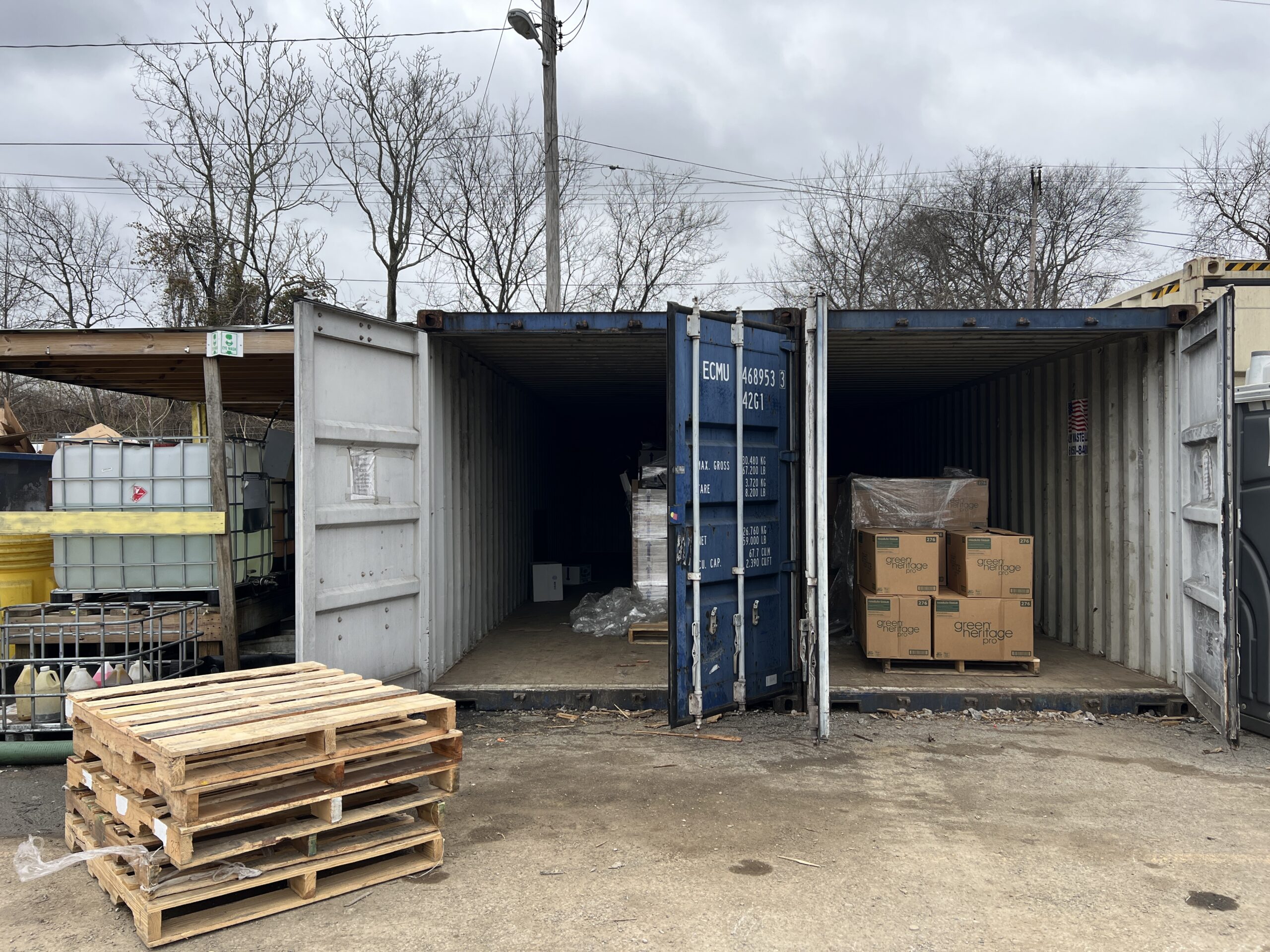
Storage Container Rentals in Davidson County, Tennessee
Call today for a free quote (615) 912-8808
Storage Container
Fast, Easy, & 100% Free To Get Started
Over 40 Years of Expertise
For over 40 years, our company has been a trusted presence in Davidson County. We focus on delivering quality and ensuring customer satisfaction by offering reliable storage solutions specifically designed for local needs.
Uncompromised Quality Service
We deliver unparalleled service by ensuring each storage container meets strict standards. Prioritizing customer satisfaction and reliability, we customize solutions to fit your specific needs.
Swift and Efficient Delivery
We pride ourselves on quick delivery times, ensuring your storage container arrives when you need it most. Our efficient planning means less waiting and more peace of mind for your projects.
Convenient Storage Container Solutions in Davidson County
Call for a Free Quote Today
(615) 912-8808
Nestled in the vibrant community of Davidson County, our storage container company prides itself on delivering dependable and reliable solutions essential for any event or project. We are a locally owned business with a deep commitment to serving Nashville and nearby areas, ensuring each service is tailored to meet our client's unique needs. From bustling construction sites and festive parties to grand festivals and elegant weddings, our storage solutions cover a variety of occasions. Our containers are robust, secure, and designed to protect your valuable possessions or equipment, making sure that storage is one less thing to worry about. With a history of credibility and a focus on customer satisfaction, we strive to provide the highest level of service and quality. Our dedicated and friendly team is always ready to assist, guaranteeing a seamless storage experience from start to finish.
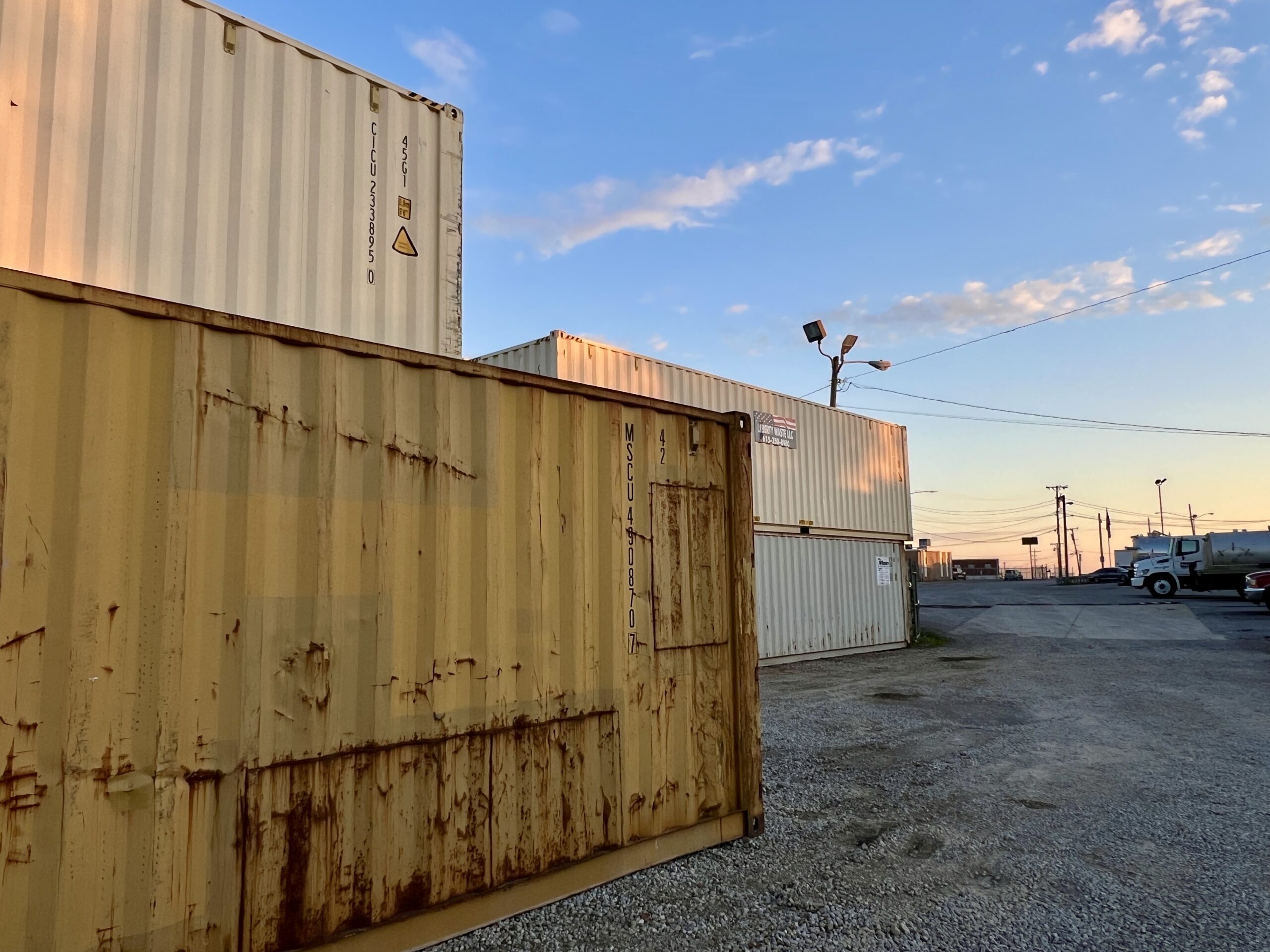
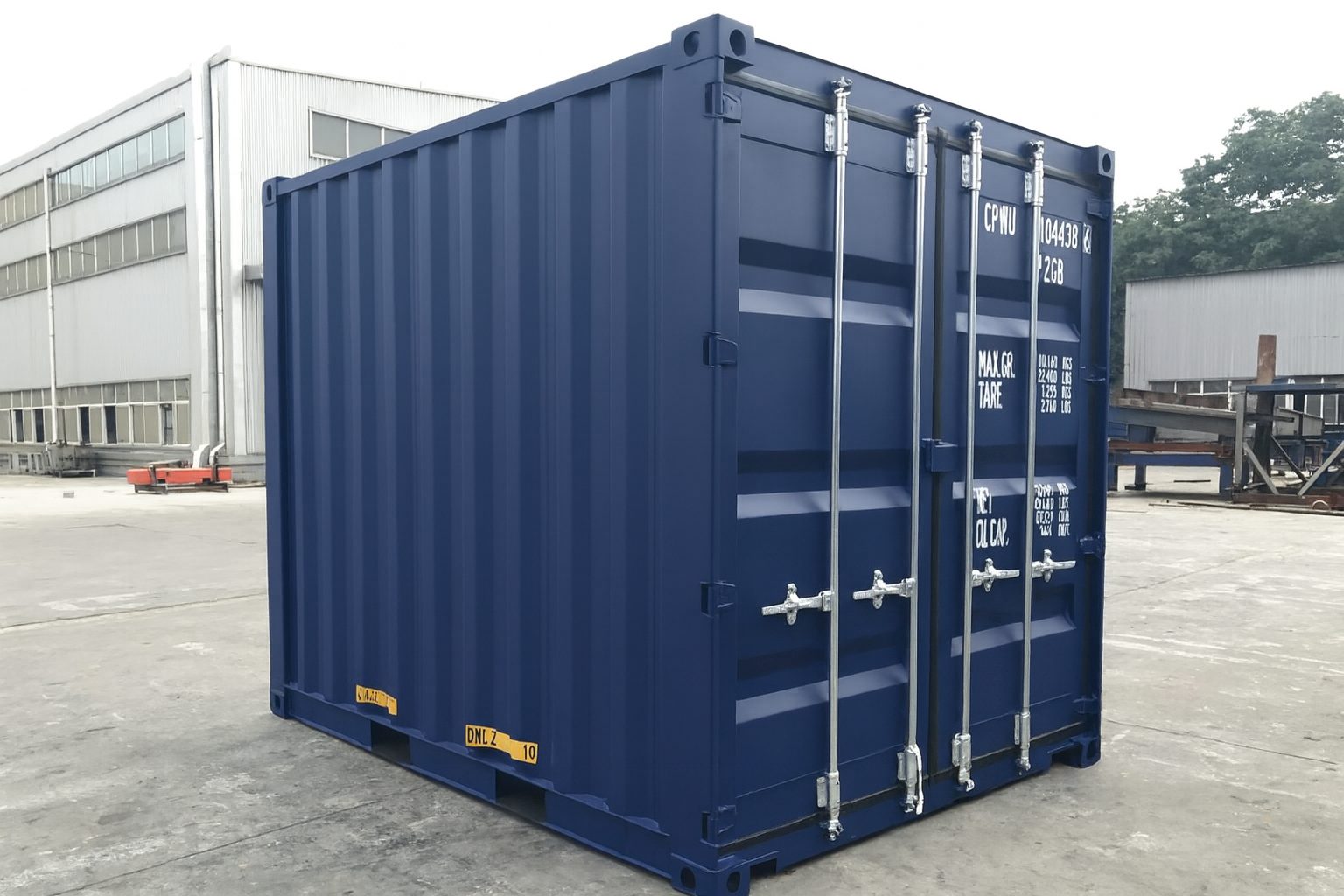
10-Foot Storage Container
Dimensions: 10′ × 8′ × 8′
Capacity: ~640 ft³
Perfect for small moves, dorm clean-outs, or seasonal overflow.
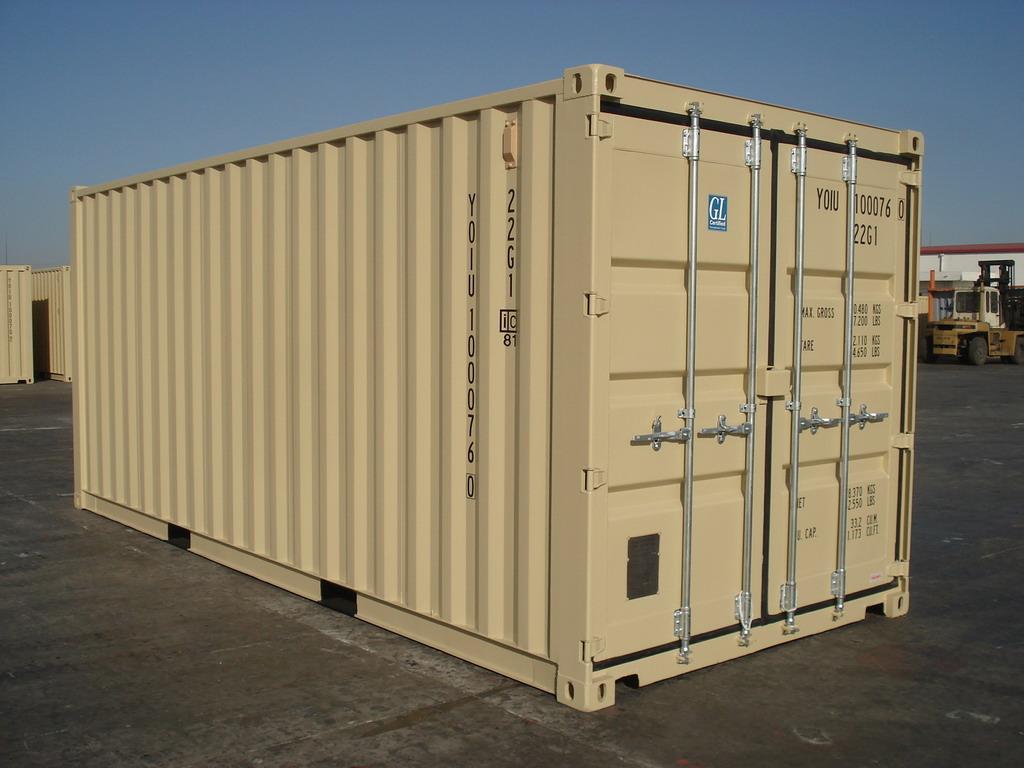
20-Foot Storage Container
Dimensions: 20′ × 8′ × 8′
Capacity: ~1,360 ft³
Ideal for apartment relocations or business inventory needs.
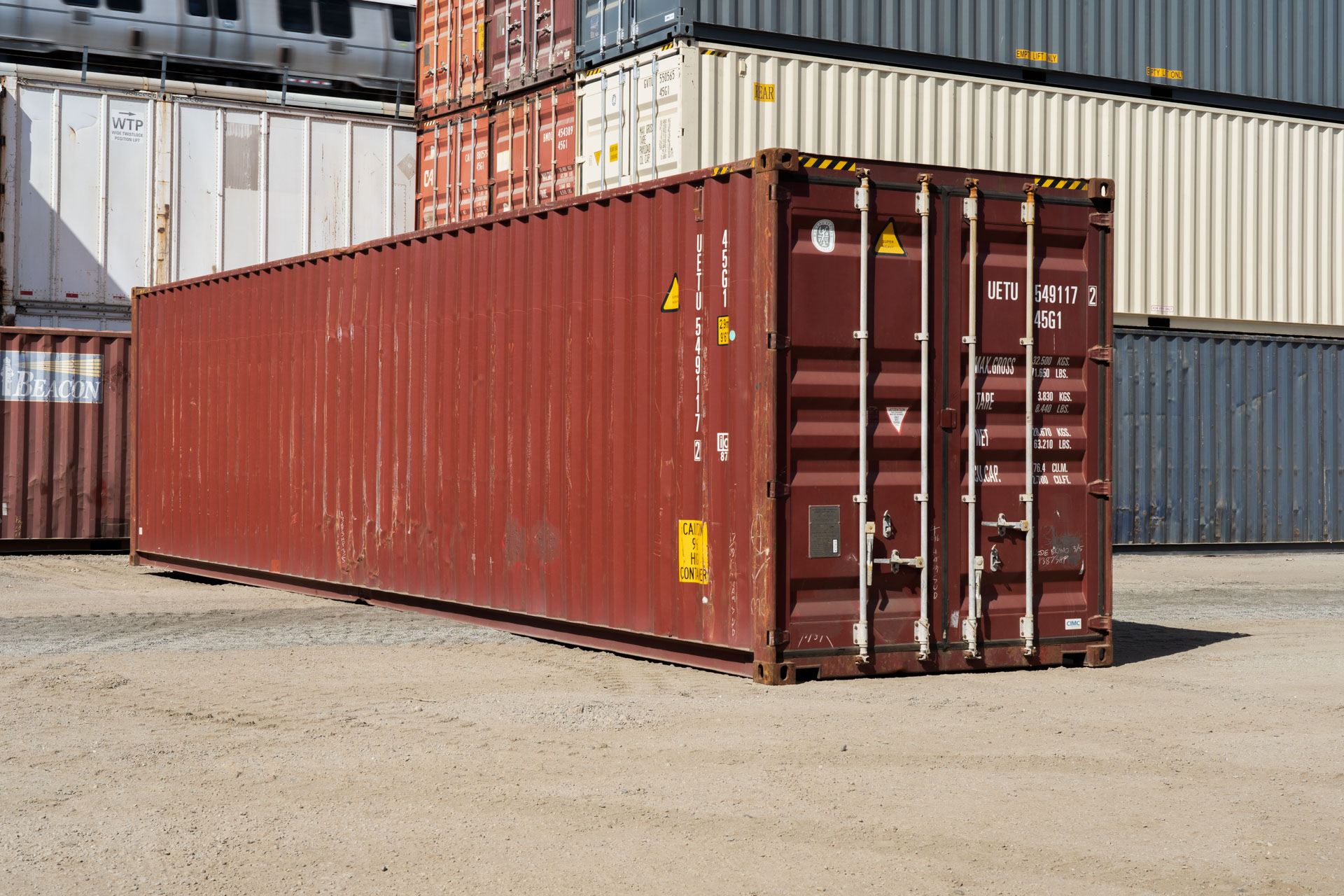
40-Foot Storage Container
Dimensions: 40′ × 8′ × 8′
Capacity: ~2,720 ft³
Suited for full-house moves, large equipment, or commercial warehousing.
We Proudly Serve
Standard Portable Toilets
Our Standard Portable Toilets offer reliable sanitation solutions throughout FusionSite Nashville, ensuring cleanliness and convenience.
High Rise Portable Toilets
High Rise Portable Toilets ensure elevated hygiene standards for construction sites in the heart of Davidson County.
Restroom Trailers
Restroom Trailers in Davidson County offer luxury features for events hosted by FusionSite Nashville.
Roll off Dumpsters
FusionSite Nashville's Roll-off Dumpsters provide efficient waste management solutions across Davidson County.
Septic Tank Cleaning
Septic Tank Cleaning services by FusionSite Nashville keep your system running smoothly with expert care in Tennessee.
Grease Trap Cleaning
Grease Trap Cleaning in Davidson County ensures your systems stay productive and environmentally compliant with FusionSite expertise.
Fencing & Barricades
Fencing & Barricades from FusionSite Nashville provide essential security and boundary solutions across Tennessee.
Residential Storage
Residential Storage services in Davidson County offer secure and convenient storage solutions right at your doorstep.
Davidson County Storage and Temporary Infrastructure Solutions
Obtaining a quote for a storage container and arranging delivery in Davidson County couldn't be more straightforward and convenient. Our website is designed to guide you through every step with efficiency in mind, ensuring you find the exact container that suits your needs. With multiple 'Get a Quote' buttons strategically placed throughout our pages, you simply click to start the process—no confusion or complicated procedures involved. This streamlines communication and eliminates unnecessary delays, enabling us to focus on what matters most to you: timely service and dependable solutions.
With just a few clicks, you're taken to a form that requires basic details like your first name, last name, phone number, and email. We value your time and promise to get back to you with a comprehensive quote as swiftly as possible. This straightforward approach ensures transparency and allows you to make informed decisions without any hidden surprises. By prioritizing clarity and speed, we aim to make this experience as seamless as possible, reshaping the way you think about storage solutions.
Additionally, our team is on standby to address any questions or specific needs you might have. Whether it's for a temporary solution for an event, a long-term rental for a construction site, or storage during a move, our containers are delivered right to your desired location. We ensure that you not only receive your container in the best condition but also on a schedule that complements your agenda, reducing stress and increasing convenience.
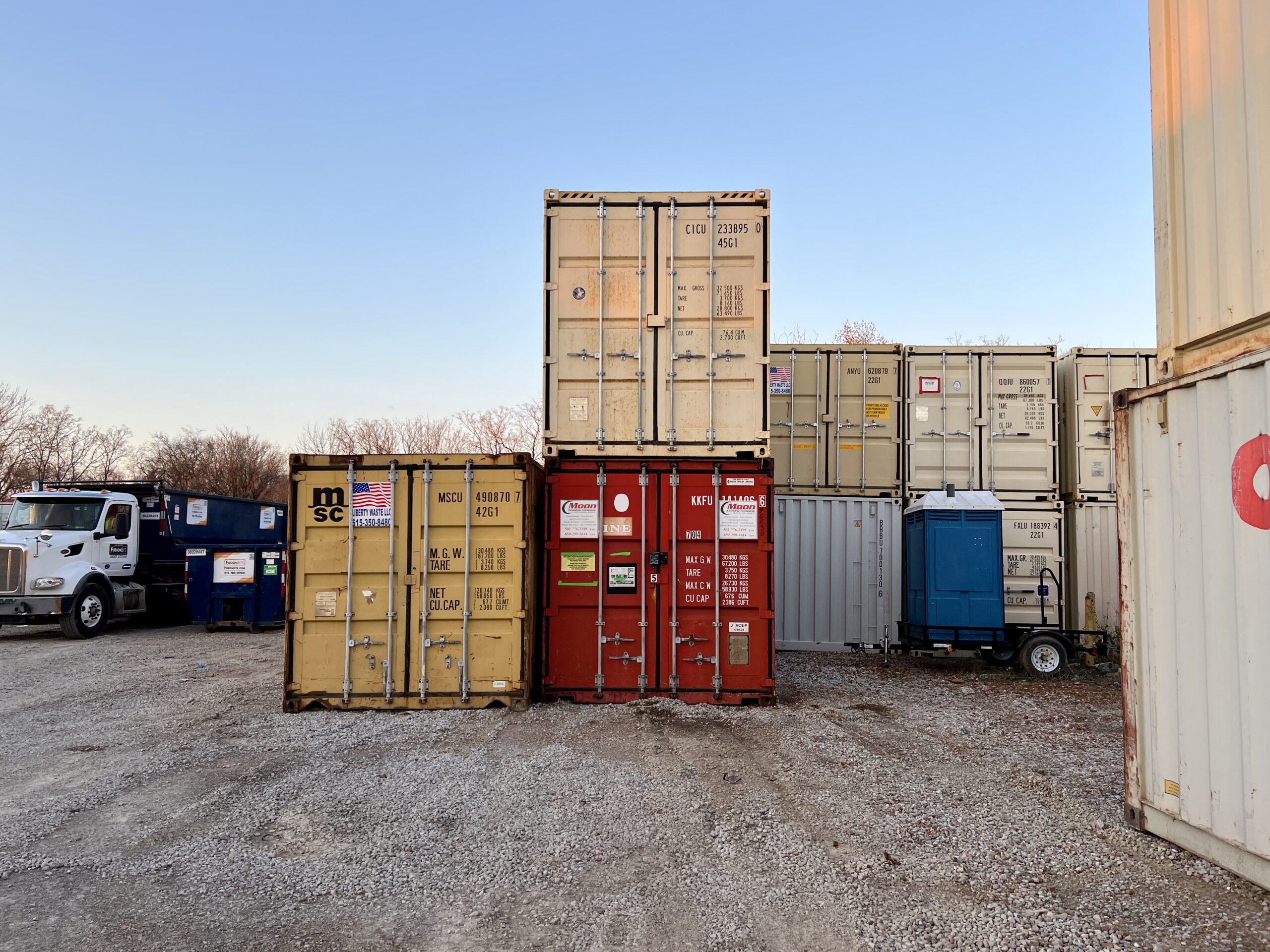
Discover the Local Beauty Davidson County is renowned for its vibrant culture and picturesque landscapes, making it perfect for outdoor adventures and community events. Our storage containers seamlessly integrate into this charming environment, providing a practical and aesthetic solution for any occasion, from local festivals to private events. Whether you're setting up storage at Percy Priest Lake or near the iconic Ryman Auditorium in bustling Nashville, you can depend on our containers to safeguard and organize your belongings. Enhance Every Event Our storage solutions don't just offer space—they elevate the overall experience for guests and organizers alike. With the ability to host events confidently, knowing your logistics are managed, our containers bring convenience to both public and private gatherings. In proximity to iconic attractions and lush parks, they provide a dependable, clean, and secure option for any short-term or long-term storage needs. As the leading name in storage container services, we stand out as the top choice for residents and businesses throughout Davidson County.
Locally Trusted Services
In Davidson County, our company stands as the top choice for storage container services. Known for exceptional reliability and intimate community knowledge, we deliver personalized service to meet each client's needs. Our strong connections within the area allow us to understand local values, transforming our containers into enhancements for local activities and venues. Our reputation isn't just about offering storage solutions; we provide unmatched quality that distinguishes us from the competition.
Customized to Your Needs
Recognizing the uniqueness of every event, we provide customizable solutions to match your specific requirements. Whether organizing an outdoor concert on the Cumberland River or a quiet wedding by the riverbank, our tailored solutions ensure your event proceeds flawlessly. By choosing us, you receive a partnership anchored in quality, community values, and unwavering commitment to excellence in storage services.
Fast and Reliable Solutions
Our commitment to delivering storage containers swiftly throughout Davidson County is unmatched. We understand the importance of timing, especially when it comes to critical projects or events, and our team is dedicated to executing timely deliveries that meet your exact schedule. With our in-depth knowledge of local routes and traffic patterns, we optimize our delivery processes to ensure punctuality in every situation.
Your Needs, Our Priority
We don't just provide storage; we deliver peace of mind by prioritizing your needs and guaranteeing reliability. Our containers arrive ready for immediate use, making it simple and stress-free to incorporate them into your existing plans. Enhance your project's efficiency with our dependable service, and experience the comfort of knowing that our support is just a phone call away, committed to keeping your activities on track without interruption.
Learn More About Davidson County Storage Container Options
Renting a storage container in Davidson County is a straightforward process designed to be convenient and quick for all users. Start by visiting our user-friendly website, where you'll find 'Get a Quote' buttons prominently displayed throughout for easy access. Clicking these buttons takes you to our simple form, which asks for necessary contact information including your first and last name, phone number, and email. This streamlined approach minimizes hassle and confusion, allowing you to request a quote with minimal effort.
The top and bottom pages of our website also include these forms, ensuring that no matter where you are on our site, assistance is effortless to reach. Once submitted, our experienced team promptly reviews your request, tailoring solutions to meet your specific storage needs and providing you with a clear and comprehensive quote without delays.
Our goal is to provide transparent and efficient rental services that cater to your unique requirements, ensuring that you feel supported and well-informed throughout the rental process. We also include various contact options, allowing you to reach out to us directly if you have specific questions or unique circumstances that need addressing. From the moment you inquire about our services, to the delivery of the storage container, our focus remains strongly on precision and customer satisfaction.
Furthermore, as a locally trusted company in the Nashville area, we pride ourselves on knowing the community's needs, enhancing your rental experience from start to finish. Whether you require short-term storage for an event or long-term solutions for a project, our extensive selection of containers ensures you'll find the perfect fit. Contact us today and discover how easy it is to secure quality storage in Davidson County through our fast and friendly service.
Our delivery timeframes for storage container orders are designed to align with urgency and convenience. Upon confirming your order, our team will arrange swift and reliable delivery tailored to your timeline, typically within a few business days. Our extensive local network in Davidson County allows us to streamline logistics, ensuring minimal delays and prompt service, perfectly suited to the fast-paced demands of modern projects.
Generally, customers can expect delivery within three to five business days from the time an order is processed, but we also accommodate expedited requests for those who need faster turnaround times. In certain situations, availability may allow for even quicker delivery, echoing our commitment to flexibility and customer satisfaction. It's advised that you communicate any specific scheduling needs when placing an order so that we may best coordinate to meet your expectations.
Understanding the importance of promptness, especially for events or construction sites where timing is critical, we employ strategic routing and a responsive transport fleet capable of handling various deliveries efficiently. Our knowledgeable and courteous drivers are equipped to accommodate diverse site conditions, making deployment hassle-free while ensuring your storage container arrives in pristine condition.
We value transparency and ongoing communication, so rest assured that regular updates will keep you informed throughout the delivery process. Our dedicated support team is just a call or email away, ready to address any queries and make adjustments as needed to align with your specific circumstances. Whether your need is immediate or planned ahead, choosing our storage container services means reliable delivery with a focus on your complete satisfaction.
Absolutely, we are fully equipped to service a broad range of events and construction services with our comprehensive lineup of facilities. Whether for dynamic festivals, energetic sporting events, or elegant weddings, our offerings ensure that every occasion runs smoothly and successfully. We provide top-tier luxury restroom trailers, portable toilets, and roll-off dumpsters essential for maintaining hygiene and comfort levels on site.
Beyond temporary restroom solutions, we supply fencing and barricades, holding tanks, ADA-compliant units, and portable sinks that meet the diverse requirements of our clients. Our flexibility also extends to corporate events and family reunions, where personalized service ensures that facilities are perfectly adapted to the event's scale and nature.
With expertise in managing both intimate and large-scale gatherings, our professional team collaborates closely with organizers to determine the optimal setup and logistic needs. This individualized planning process enables us to provide customized solutions that enhance the quality of the event experience. Additionally, our rapid delivery and reliable service guarantee peace of mind from start to finish.
Our history of working with various sectors, from construction to governmental agencies, further solidifies our reputable standing. Whether the need is for robust construction site support or a spotless setup for celebratory occasions, our comprehensive range of products is matched only by our dedication to excellence. Let us demonstrate how our portable services can transform your events into memorable success stories across Davidson County.

